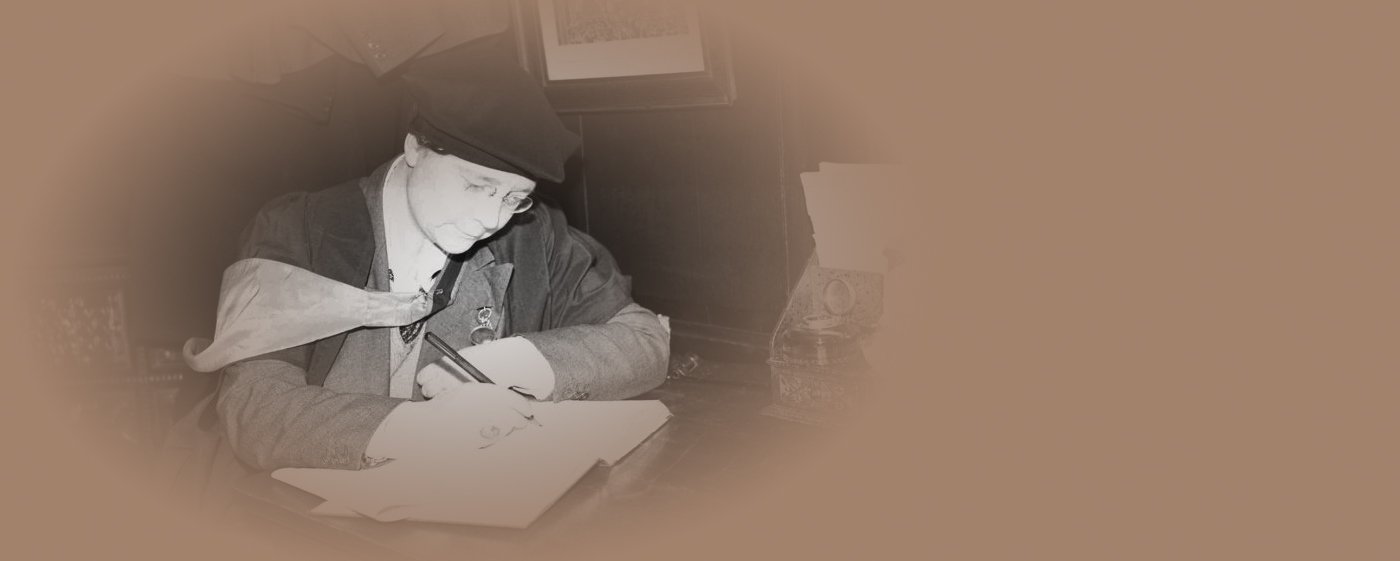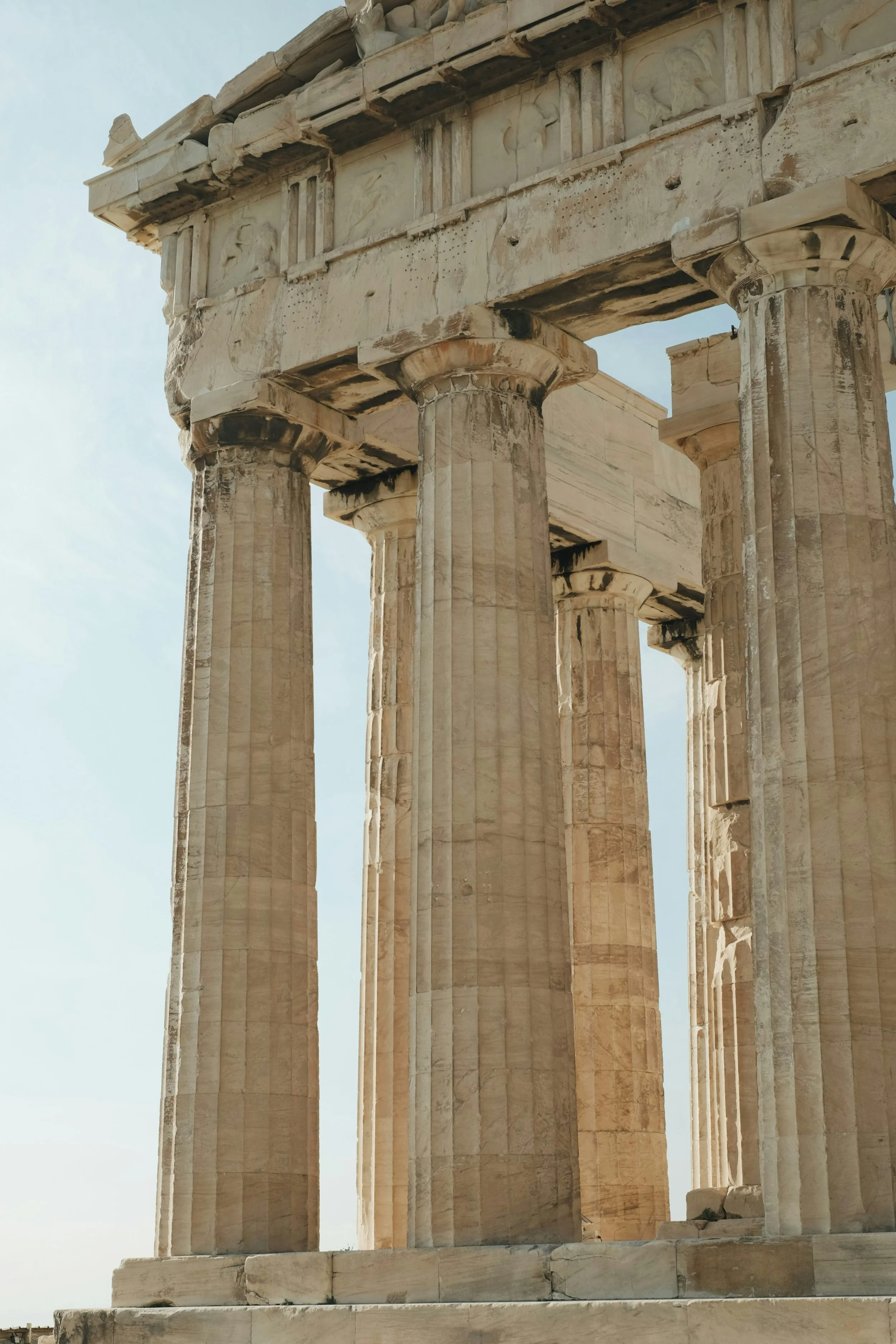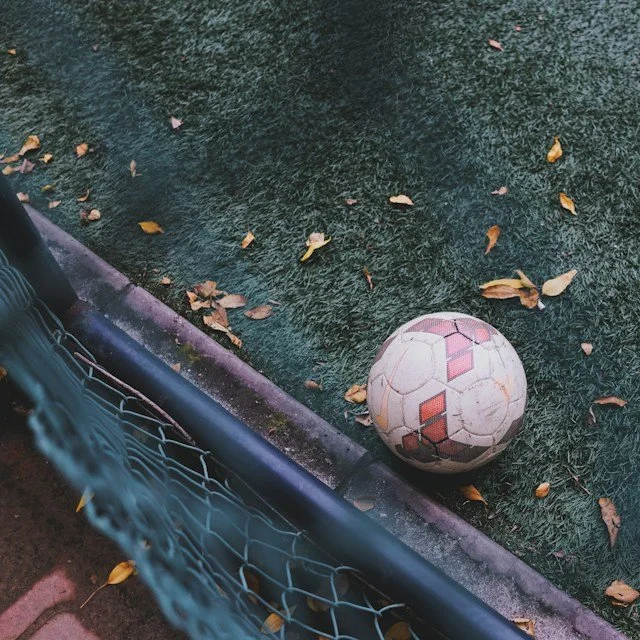
Academics
Lower School
In an atmosphere of joy, wonder, and gratitude, students in the Lower School begin to explore God’s real, amazing world and are equipped with the tools that will serve them throughout their whole educational journey. The emphasis in these early years is on memorization, discovery learning, exposure to beautiful stories, and the shaping of habits that will allow them to develop into life-long learners.
Foundations
Our lower level education focuses on piety as well as the the cultivation of affections, body and soul. We also begin instruction in liberal arts.
-
Peter tell us to make every effort to supplament our faith with virtue, virtue with knowledge, knowledge with temperance, temperance with perseverance, and perseverance with piety (2 Peter 1:5-9).
Piety is an old word, but a word well worth reviving. According to John Calvin, knowledge of God is the beginning of wisdom, and piety if that proper love and reverence for God induced by such knowledge. In the Lower School, we seek to partner with parents and churches as we guide children to a life of piety, loving God and their neighbor. In the Upper School, these foundational principles and affections are developed into reasoned beliefs.
-
Arts are skills that become second nature through imitation and practice. The Liberal Arts tradition divides these liberal arts into two major categories: skills in language and skills in mathematics. In the Lower School, we focus on the first language art, grammar, as well as two of the mathematical arts, arithmetic and geometry.
In grammar, our primary focus is on reading and writing. Literacy does not merely include the ability to read, but it begins to develop towards advanced interpretation, ability to understand the structure of complex sentences, a growing vocabulary steeped in the Bible and Christian tradition, as well as increased ability to navigate between distinct literary genres.
Mathematical skills are developed through Singapore math strategies that use concrete and pictorial models, such as bar models and number bonds, to introduce concepts and to provide children with the ability to unlock word problems.
-
Humans have bodies and souls, and classical education aims for something greater than than filling minds with information. Two ways in which we approach this are through gymnastic education (training the body) and musical education (tuning the heart).
Gymnastic education is a deliberate use of the body in the process of education. Through physical education, play at recess, intentionally active classrooms, and training in self-control, we want to help students grow healthy bodies and have the strength and energy to engage in learning.
Musical education is more than learning notes, instruments, or singing - musical education poetically trains the heart to engage reality joyfully and with wonder. This mode of education seeks to expand students' moral imagination as they delight in the possibilities of God’s creation. Taught through imitation and in combination with rich stories, musical education builds children’s ability to imagine that there is goodness, truth, and beauty, and that they can seek this for themselves.

“Although we often succeed in teaching our pupils ‘subjects,’ we fail lamentably on the whole in teaching them how to think: they learn everything, except the art of learning.”
Dorothy L. Sayers, The Lost Tools of Learning
Lower School Curriculum










